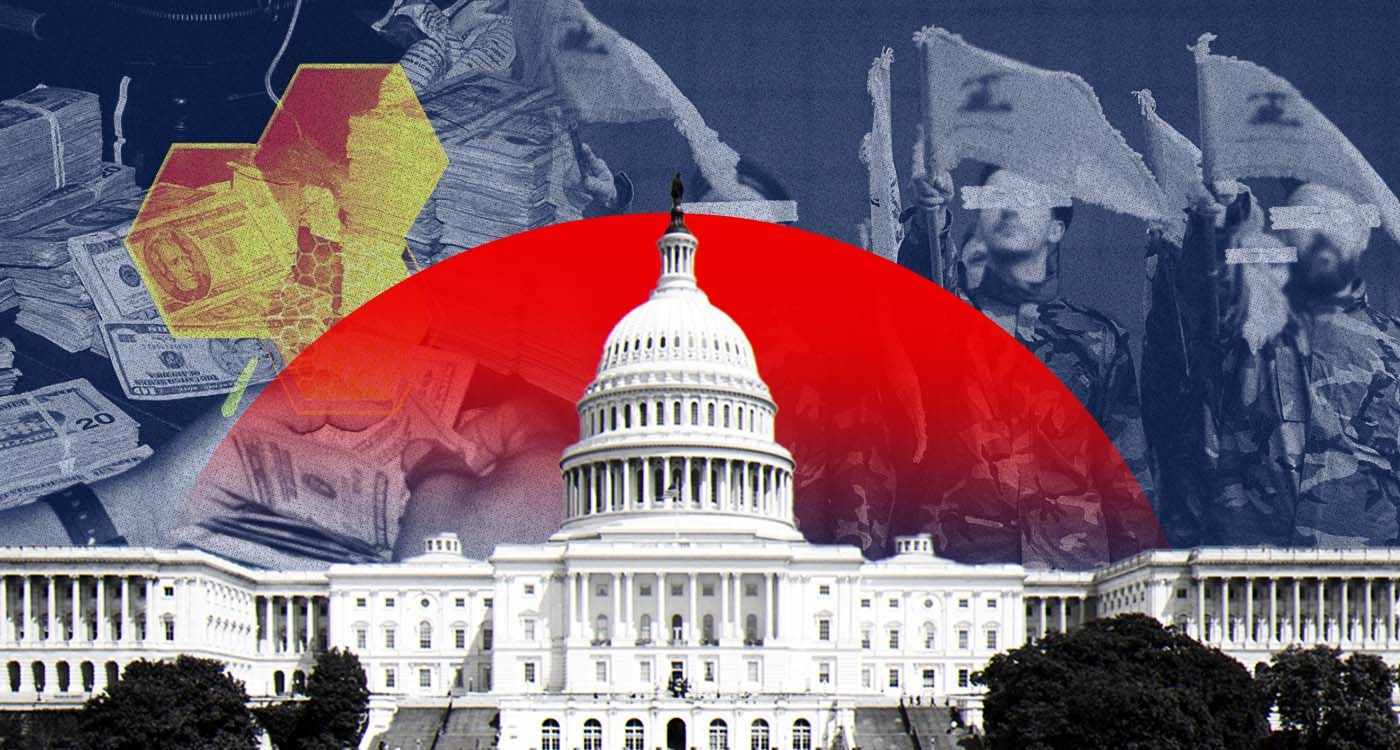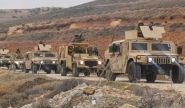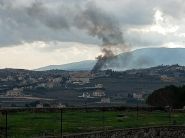
Combating the financing of terrorism was a central topic for the official Lebanese delegation at the Spring Meetings of the International Monetary Fund (IMF) and the World Bank in Washington. The most significant discussions were held with US Treasury Department officials, particularly involving Finance Minister Yassine Jaber and Central Bank Governor Karim Soueid.
According to available information, Lebanon is seeking removal from the Financial Action Task Force's (FATF) gray list. However, it faces a major hurdle: the lack of decisive action against the financing of so-called "paramilitary groups," especially Hezbollah. In this context, US officials raised concerns about Al-Qard Al-Hassan, describing it as a key channel for Hezbollah funding, and stressed that Lebanon must move to shut it down. Al-Qard Al-Hassan is also heavily involved in Lebanon's "cash economy," handling large volumes of untraceable money.
Sources indicated that as part of Lebanon’s financial and monetary reforms—particularly the restructuring of its banking sector—the country is now obligated to implement international financial standards. This includes measures that would lead to the closure of institutions like Al-Qard Al-Hassan, which operate without oversight from Lebanese monetary authorities, including the Central Bank. US officials warned that failure to act would send a message that Lebanon is not serious about building a lawful state or regaining the trust of international and Arab financial systems. The Lebanese delegation believes it made some headway on this front in Washington.
Meanwhile, Hezbollah continues to defend both its weapons and Al-Qard Al-Hassan, arguing that it has obligations toward many citizens who turned to it to manage their affairs. The party also views any targeting of Al-Qard Al-Hassan as a new step in tightening the financial siege against it, especially at a time when it needs additional funds to continue providing for its popular base—particularly for reconstruction efforts and compensation in war-affected areas.
In Washington, it became clear that Hezbollah’s financial operations, its arms, and Lebanon’s reform efforts are viewed as interconnected issues. Officials at the US Treasury and State Departments made no distinction between them, repeatedly warning that sanctions could target those obstructing progress which primarily serves Lebanese interests before fitting into any Arab or international agenda. Lebanese officials are expected to have absorbed this lesson. They were urged to act decisively and with courage to implement the needed reforms.




Comments